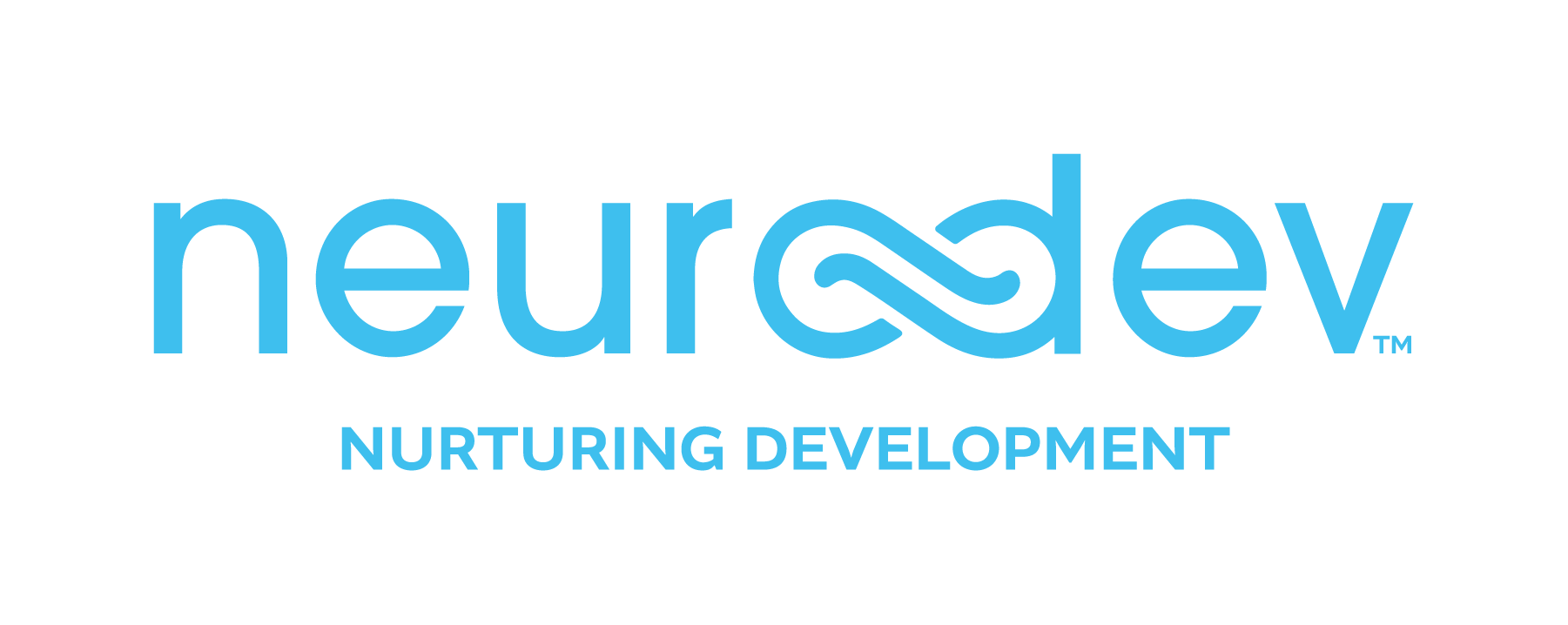Holiday Home Visit Mentoring
The holiday season often brings both joy and challenges, especially when it comes to home visits for young adults returning from programs or their own independent lives. These visits can be opportunities for connection and growth, but they can also resurface old dynamics that may feel frustrating or disheartening. At NeuroDev, we’ve seen firsthand how intentional approaches can make all the difference. Here are some key strategies to help ensure success during holiday home visits.
Expect Regression—It’s Normal
It’s common for people, including ourselves, to revert to past roles and behaviors when we return home. Old dynamics resurface, and it can feel like stepping back into a persona we’ve outgrown. This is especially true for neurodivergent young adults who may unconsciously fall back into “child” roles when treated as such. Recognizing this tendency is the first step to managing it effectively.
Treat Them Like Adults, Even If It’s Hard
One of the most powerful things you can do is to treat your young adult like an adult, even if they haven’t fully earned it. This perspective is a common one that every teenager goes through- wanting perks of being older, without having earned it. Neurodivergents are usually a few years behind in their developmental timeline. When we choose to stay in our higher brain and approach them as mentors rather than reverting to the traditional parent role, they are much more likely to rise to the occasion. If we let them pull us into old parent-child dynamics, it often leads to frustration for everyone involved.
That said, treating them like adults doesn’t mean ignoring poor behavior. It’s about actually treating them like you would adults that you love and respect. Imagine they’re a favorite niece or nephew visiting your home. If they’re not contributing or behaving as a good guest, you’d address it calmly and respectfully: “It’s hard to have you here when it feels like you’re just taking advantage. We’re all adults, and I’m glad you’re here. I’d love for you to be one of us, which means doing your share.” This framing avoids lectures and judgments while setting clear expectations.
Prioritize Connection and Enjoyment
Home visits often serve as a refueling period for young adults, offering them a break from work, college, or the challenges of their program. While it can be tempting to focus on their responsibilities or shortcomings, the most impactful thing you can do is connect with them and genuinely enjoy their presence. Lower your expectations for what “should” happen and focus on creating positive moments together.
At the same time, be mindful of your own energy and boundaries. If you find yourself feeling resentful or drained by them, they will likely pick up on it. Adjust your mindset by letting go of unrealistic expectations and embracing the opportunity to connect in small, meaningful ways.
Keep Visits Manageable
If a visit feels too overwhelming, it’s okay to adjust the length or structure. Shorter visits can sometimes be more successful than extended stays. The goal is to create an environment where both you and your young adult can enjoy each other without unnecessary stress or tension.
Be Their Safe Path Forward
The key to fostering growth is maintaining a relationship where your young adult feels safe and accepted and holds a place where they are encouraged and invited to step up. If they sense judgment or anger, even if it’s warranted, they’re more likely to retreat into old patterns. Instead, give them reasons to want to be with you and to become new, as a contributing member of the household. Let them know they’re always welcome to improve without fear of rejection or harsh criticism.
Final Thoughts
The holidays can be a wonderful time to reconnect with your neurodivergent young adult, but they’re not without their challenges. By treating them as adults, addressing issues calmly, and prioritizing connection over correction, you’ll create an environment that fosters growth and mutual respect. And don’t forget to take care of yourself in the process. Adjust your expectations, stay present, and focus on the joy of simply being together.
Wishing you a joyful holiday season filled with meaningful moments, whether it’s Christmas, Hanukkah, or New Year’s. You’ve got this!
